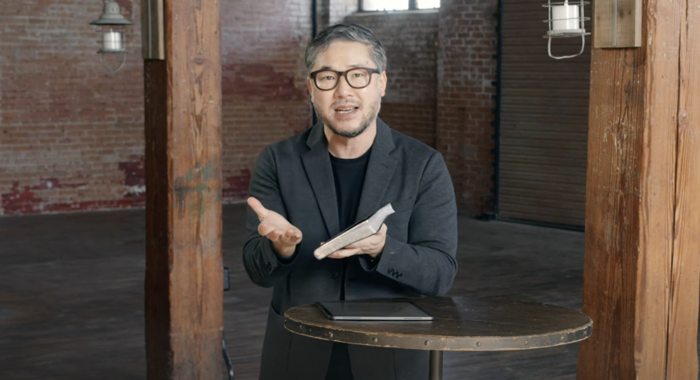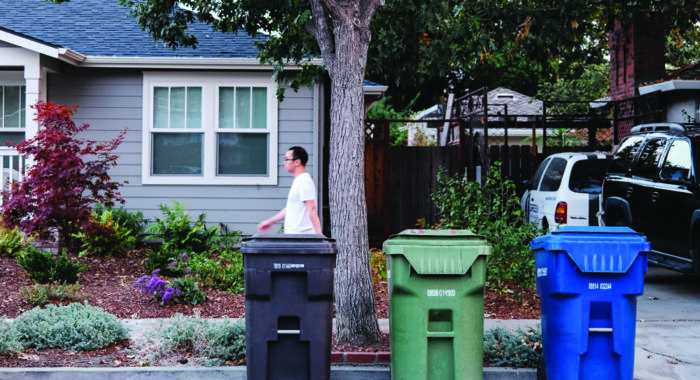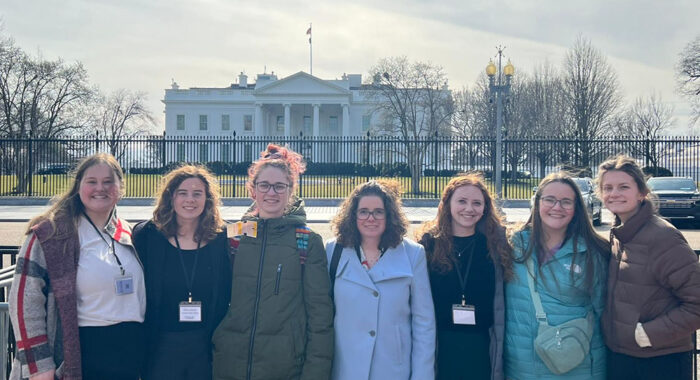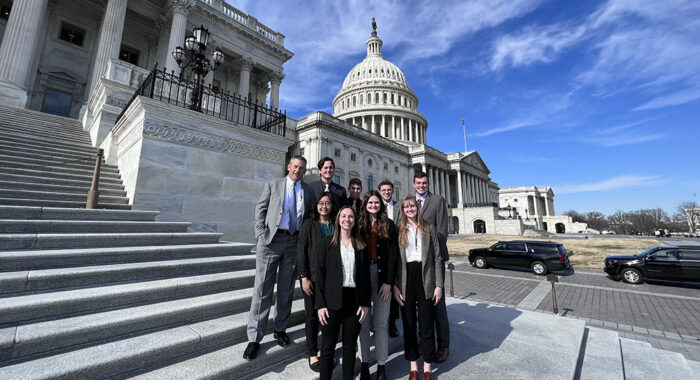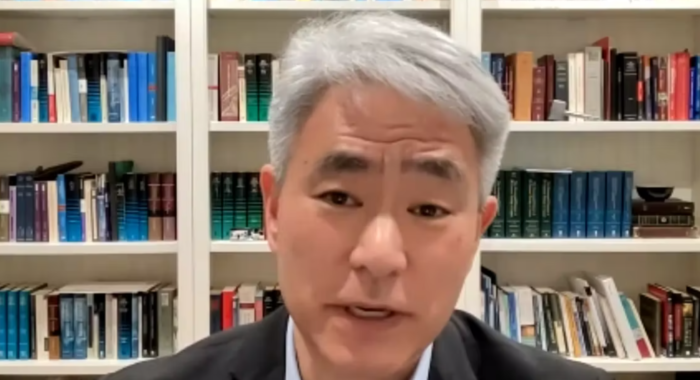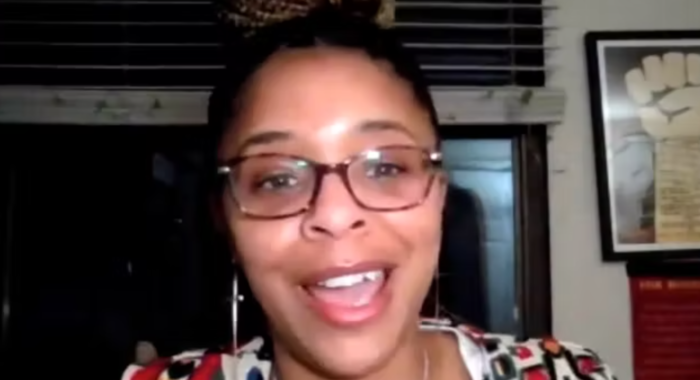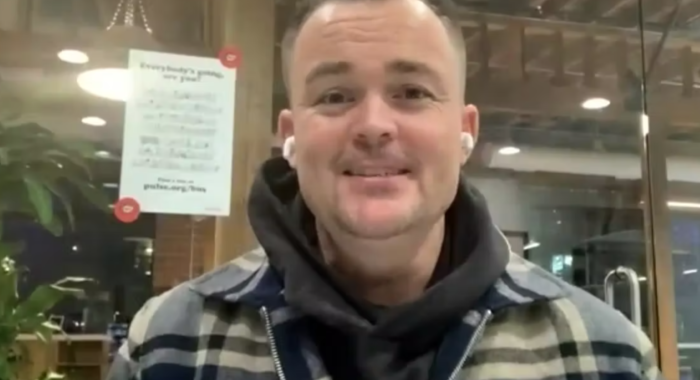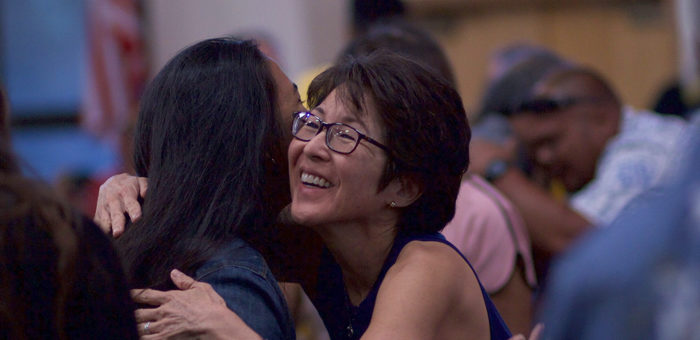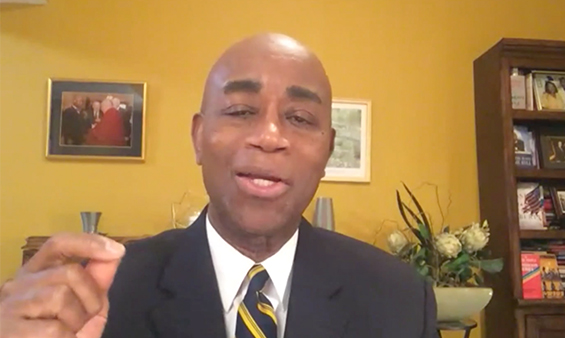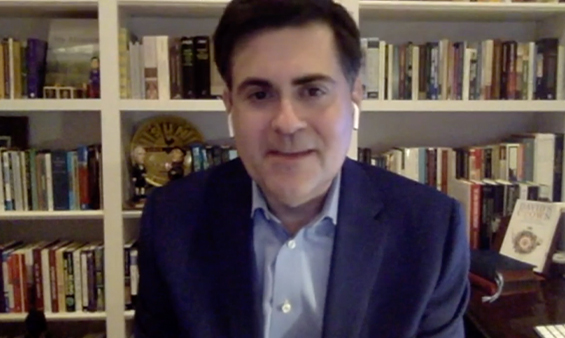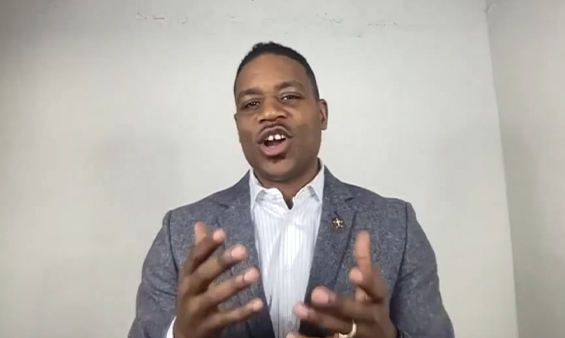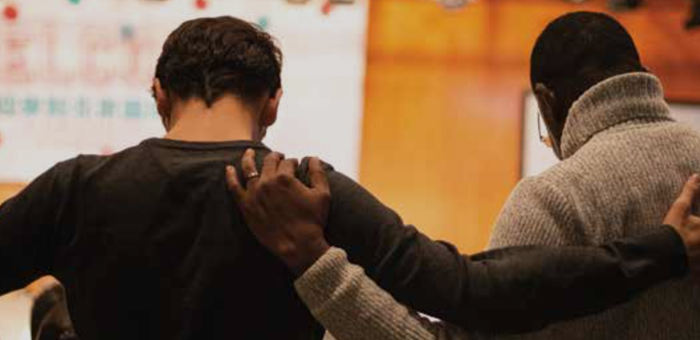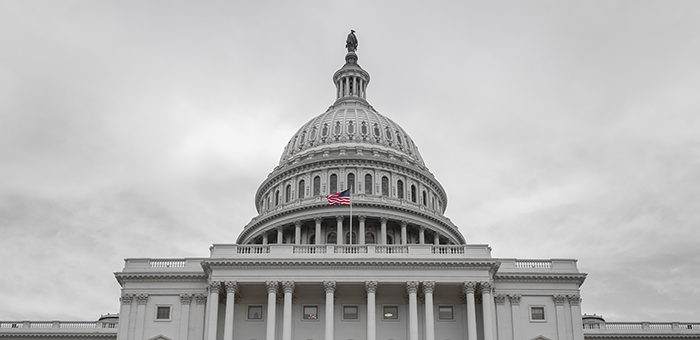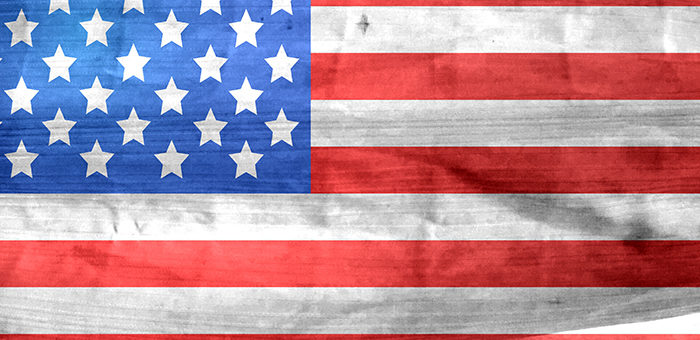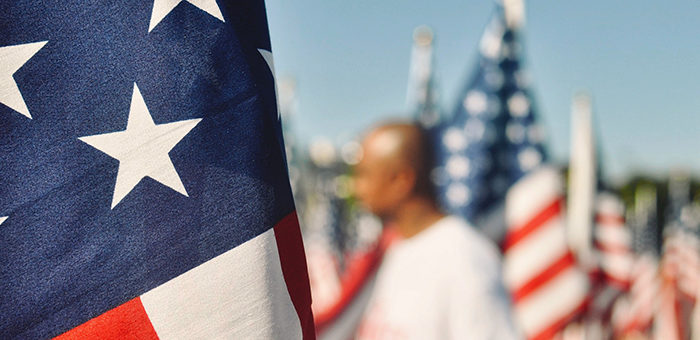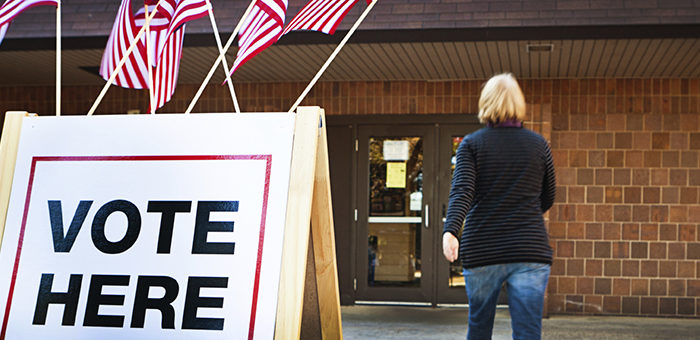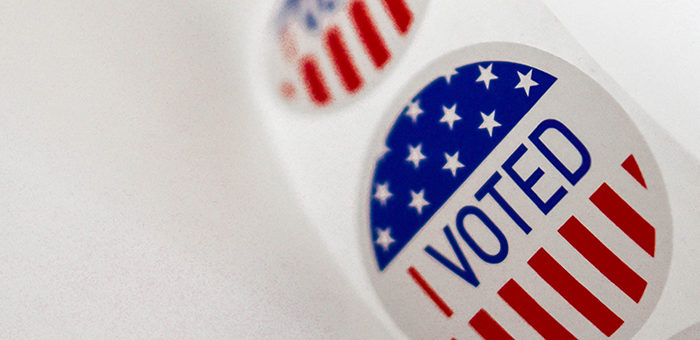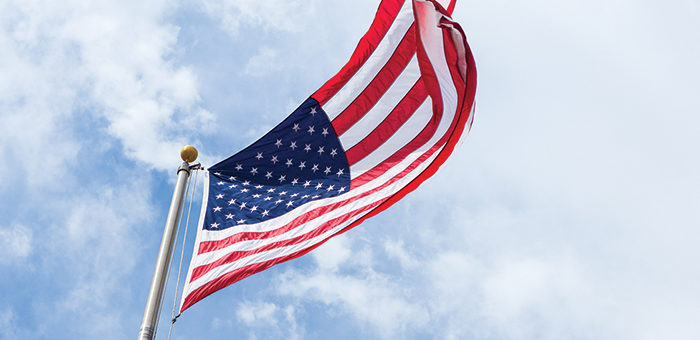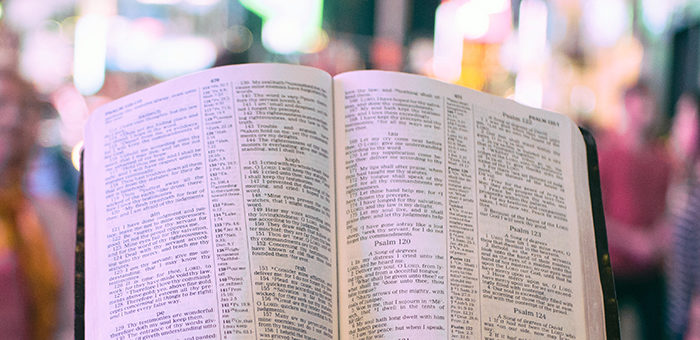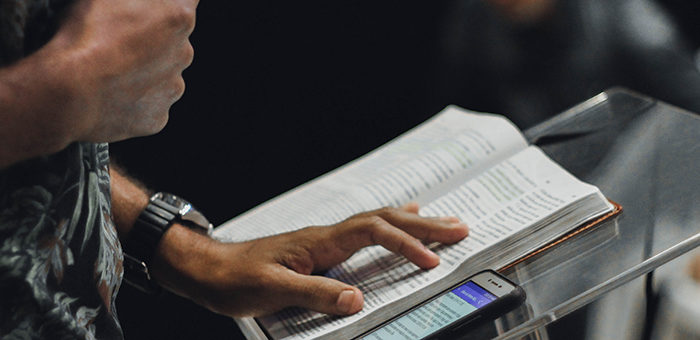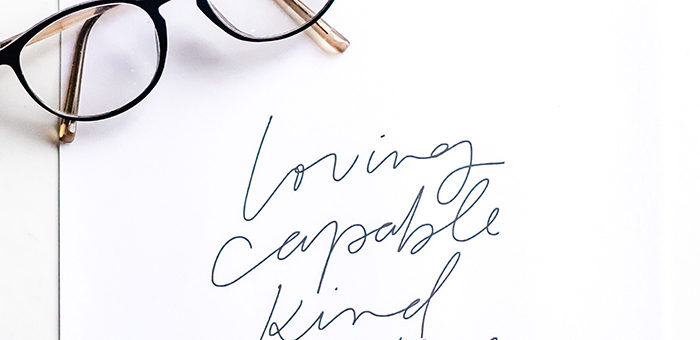In the midst of deep political and cultural polarization, there remains an underutilized space: the middle. Shirley Mullen argues that this “middle” is not “bland averaging, moral cowardice or lazy indifference.” Instead the courageous middle is a daring way to live and work together for a more hopeful future.
Shirley Mullen, president emerita of Houghton University, joins NAE President Walter Kim for Today’s Conversation podcast, and casts a vision for how each of us can claim the courageous middle in this election season and beyond.
You’ll also hear Shirley and Walter discuss:
- How active listening and bridge-building is central to the middle space;
- Why being in the middle is labor intensive, but offers real possibilities for lasting change;
- How institutions and individuals have navigated this space and seen fruit of their labors; and
- Where those who feel disillusioned by polarization can find encouragement.
Read a Portion of the Transcript
Walter: When I hear you talk, it’s evident that there’s a sense of urgency to this work. What’s at stake?
Shirley: What’s at stake is, I would argue, is a faithful witness. I would argue right now what’s at stake is a deep understanding of the gospel…. It does seem that in many of the settings in our culture today, it’s actually people’s political beliefs that are driving their theology, rather than theology that’s driving the way they exist in the world. And I think that’s very significant. We could take a long time to explore that… When people feel under attack or when they don’t feel safe, they don’t want to risk anything. I do think again, fear is so great. So, you asked what’s at stake? Well, from the Christian standpoint, I really think the credibility of the gospel as we seek to represent is at stake.
… I think the other thing that is at stake right now is the pluralism of our society that we have taken for granted that this space allows for difference. And again, I use that word “pluralism” carefully, because some people equate that with secularity. Secularity is the removal of religion from the public sphere. That’s a very different thing than pluralism, which is really that space for pre-discussion and the exchange of ideas that we have taken for granted in America from the very beginning.
And again, when you ask what’s at stake, we know that the gospel can flourish in societies that do not have free discussion, but it’s a different kind of society than America has had. So part of what I believe is at stake right now — and it’s partly why I feel the urgency right now — is if we cannot create space in our civil society for those who differ from us, respect them and treat them with dignity, then we are not going to have the the freedom that our society has been used to ever since the American experiment began, and what we’ll have then is simply the competition of power.
Share the Love
If you enjoyed the program, please rate it on iTunes and write a brief review. That will help us so much!
Relevant Resources
Shirley Mullen was named president emerita of Houghton College in 2021 after serving as president for 15 years. Mullen spent the first 23 years of her academic career teaching European history at Westmont College in Santa Barbara, California, during which time she received the college’s “Teacher of the Year” award three times. She is a board member of several organizations, including the National Association of Evangelicals. She is also the author of “Claiming the Courageous Middle: Daring to Live and Work Together for a More Hopeful Future.” Mullen holds an M.A. from the University of Toronto, a Ph.D. from the University of Minnesota, and a second Ph.D. from the University of Wales.
Walter Kim became the president of the National Association of Evangelicals in January 2020. He previously served as a pastor at Boston’s historic Park Street Church and at churches in Vancouver, Canada and Charlottesville, Virginia, as well as a campus chaplain at Yale University. He preaches, writes and engages in collaborative leadership to connect the Bible to the intellectual and cultural issues of the day. He regularly teaches in conferences and classrooms; addresses faith concerns with elected officials and public institutions; and provides theological and cultural commentary to leading news outlets. He serves on the boards of Christianity Today and World Relief and consults with a wide range of organizations. Kim received his Ph.D. from Harvard University in Near Eastern Languages and Civilizations, his M.Div. from Regent College in Vancouver, and his B.A. from Northwestern University.




 View All Podcasts
View All Podcasts 







